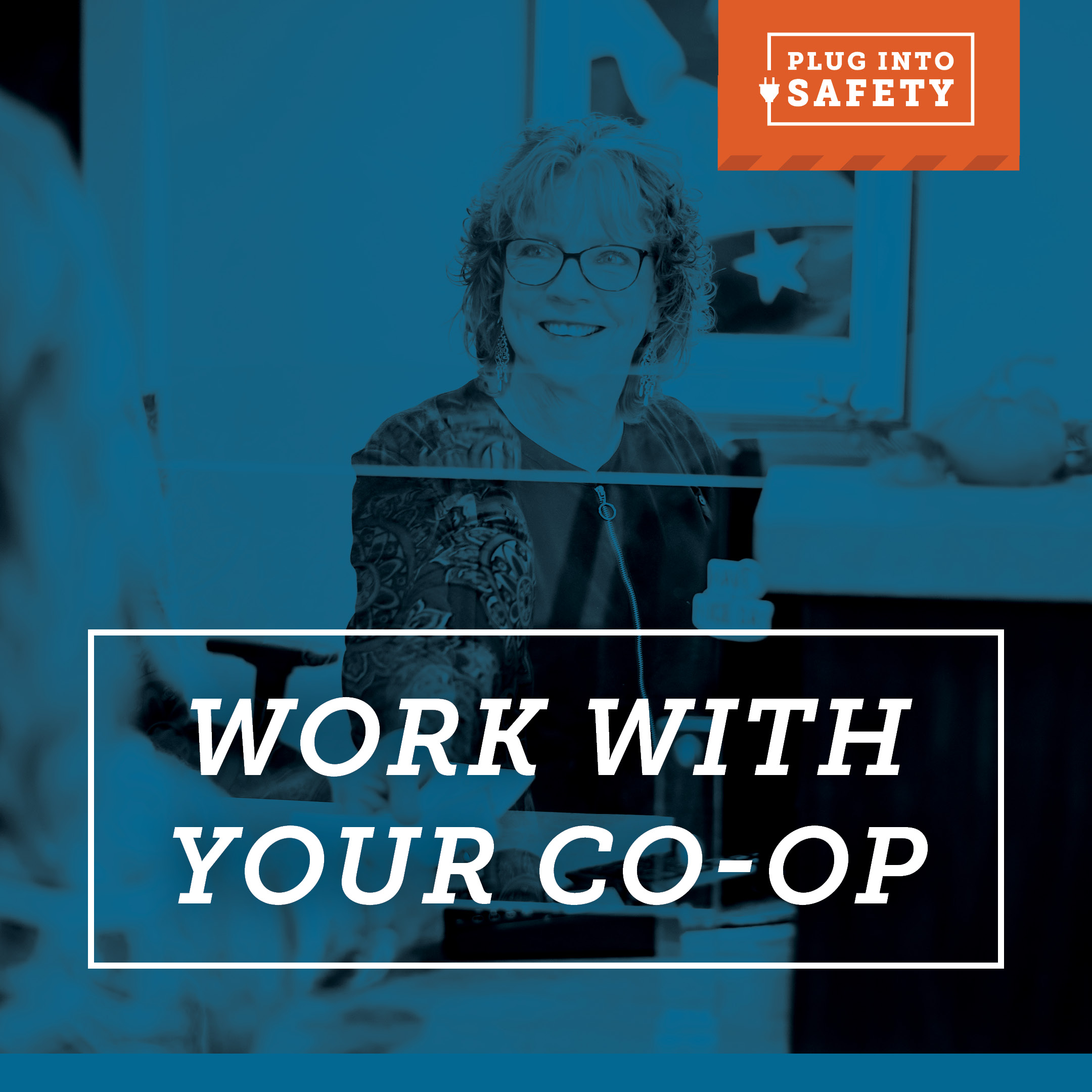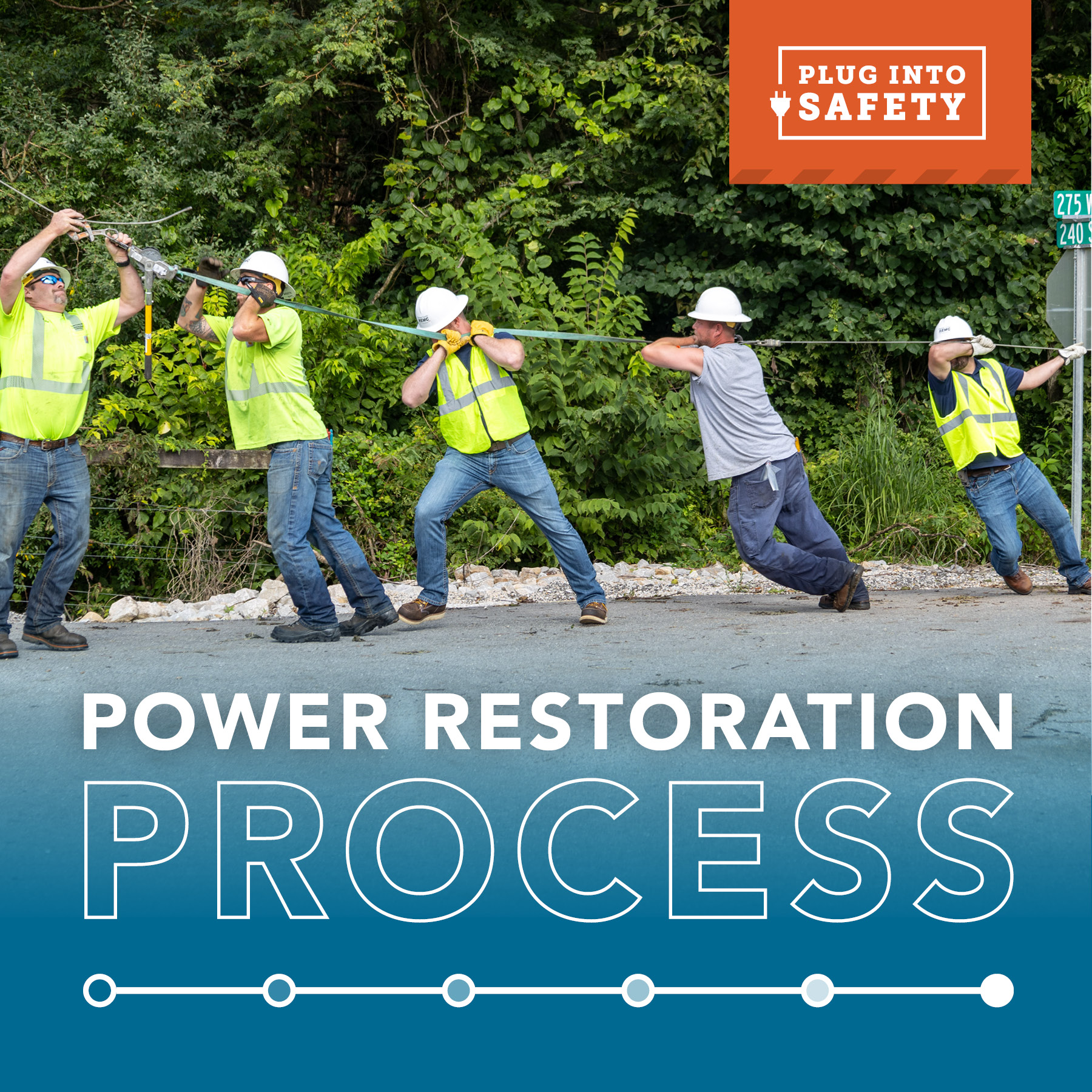 Most teenagers would never consider the morning rush before school life-threatening. There will be those days of drama: remembering a homework assignment due first period, or seeing the tiny zit on their forehead now looks like a third eye — just in time for class picture day.
Most teenagers would never consider the morning rush before school life-threatening. There will be those days of drama: remembering a homework assignment due first period, or seeing the tiny zit on their forehead now looks like a third eye — just in time for class picture day.
But amid the occasional drama and the routine rush, some teens truly are living dangerously. They could be risking their safety or the safety of their family without realizing it. Here’s how:
- using hair dryers, straighteners or curling irons while standing on the wet bathroom floor;
- jumping out of a shower while wet to check text messages on their cell phone while it’s still plugged in and charging;
- putting a kitchen knife into a plugged-in toaster to dislodge a stuck bagel or English muffin;
- leaving an electrical appliance, like a straightener or iron, switched on and unattended.
Doing any of these things runs the risk of an electric shock, fire or even death by electrocution. Everyday electrical appliances and gadgets can be dangerous if not treated with respect. All it takes is one careless mistake.
Electricity and water make for an especially lethal combination. Bathrooms and kitchens can be high-risk zones, particularly if you are rushing around trying to hurry out the door. Always make sure you are completely dry before using any electrical equipment or switches and never take electrical appliances like radios, games and chargers into the bathroom.
Outlets in these areas should be protected by ground-fault circuit interrupters. These simple devices can detect a problem at the outlet and will cut off electricity in an instant, protecting against serious injury and burns. While GFCIs should be there, we shouldn’t trust our lives to $10 devices. Everyone needs to practice responsible electrical safety.
Outdoors, teenagers should also remember to never touch lights or electrical gadgets plugged in while they are swimming, wet or standing on wet pavement or grass. Young drivers should understand the dangers of fallen power lines. If they ever leave the road and strike a utility pole, they should stay in the car until an emergency professional or electrical lineworker lets them know it’s safe to get out. Whenever a vehicle strikes a pole, power lines can dislodge from their overhead perch and either fall on the vehicle or drop low enough to be touched. Fallen power lines can still be fully energized and kill anyone who touches them or whatever the power lines might be touching.
“For teenagers coming into their own — allowed to make their own decisions and experience their first tastes of freedom — life is just beginning,” said Tom VanParis, CEO at Indiana Electric Cooperatives. “None of us at IEC want to ever see a life cut short or challenged with a life-altering injury through a careless mistake with electricity. No matter how rushed we all get, we need to keep safety in mind.”
Sources: Electrical Safety Council, Electric Consumer
Electrical dos and don’ts for teens at home
- DO switch off and unplug all hairdryers, straighteners, curling irons and the like when you are done using them.
- DON’T ever use or touch anything electrical that’s plugged into an outlet when you are wet, such as in a bathtub or pool, or are standing on a wet surface, such as a bathroom floor, patio or grass. Use battery-operated devices around water when possible.
- DON’T ever reach for an appliance that is still plugged in and has fallen into a wet sink or tub. Pull the plug, if you are dry, or turn off the power at the main breaker first.
- DON’T yank electrical cords from the outlet. Grasp cords by the coated, insulated plug and pull the plug straight out. To plug an appliance in, gently push the prongs straight in by holding the plug. Never force a plug into an outlet if it doesn’t slide in; you might have to turn the plug over to match up the polarized outlet openings, or the plug’s prongs might be bent or damaged, or the wall outlet might be damaged inside.
- DO have your parents show you how to turn off the power to the entire house at the main breaker or fuse box in case of an emergency — such as if someone is being shocked or an appliance catches fire or falls into water.
Tips for teen babysitters
- DO arrive at the home early enough to have the parents show you where flashlights and fire extinguishers are located.
- DO have the parents show you how to turn off the power to the entire house at the main breaker or fuse box in case of an emergency. (They should also show you where the main water shut off valve is located — and how to use it — in case a pipe bursts while they’re away.)
When driving to or from the home (or anytime you are in a car):
- DON’T get out the car if it ever leaves the road and strikes a utility pole. Fallen power lines are hard to see and could still kill whoever touches them or gets too close to them. Tell others to stay away, too, until rescue help arrives.





